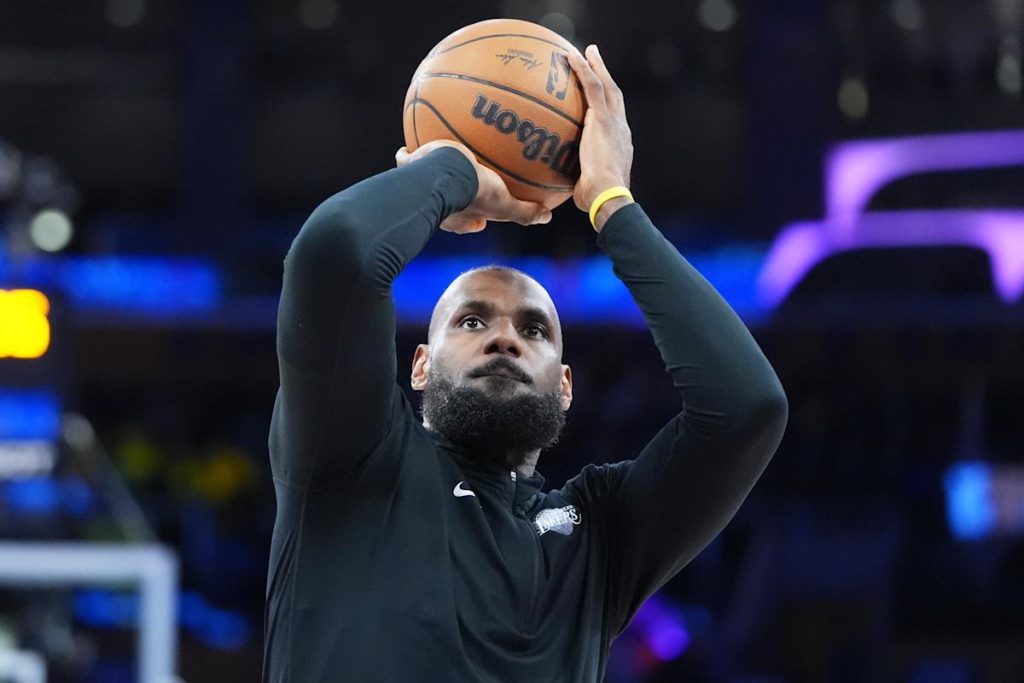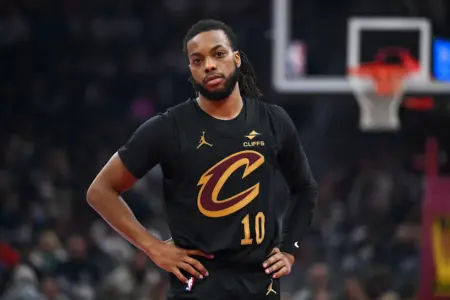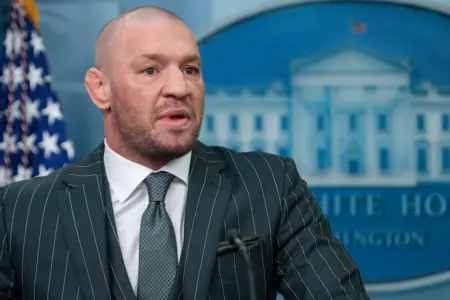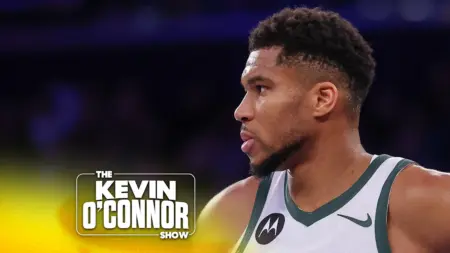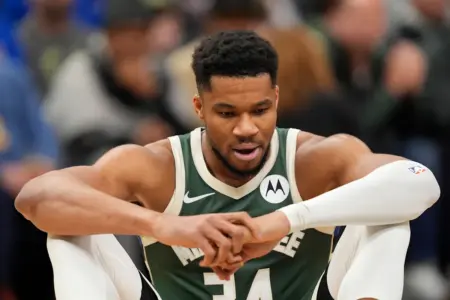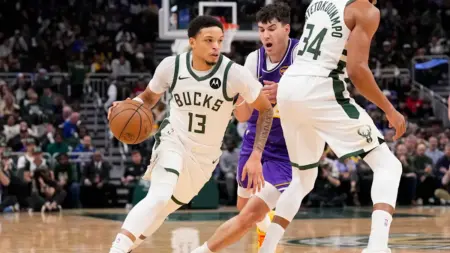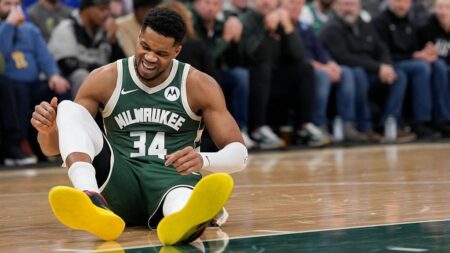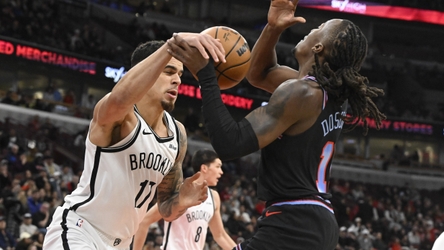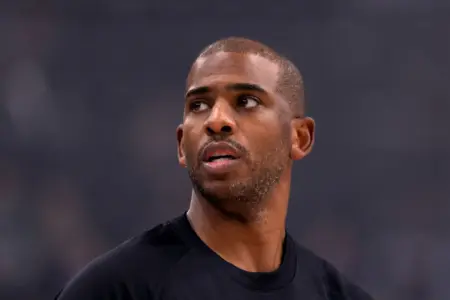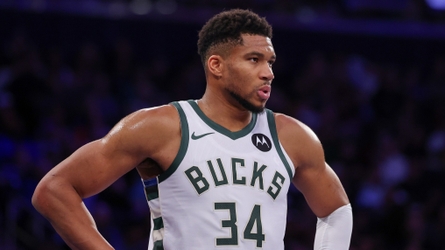The Burden of Being an NBA Icon
LeBron James was unequivocally right when he highlighted the toxicity of the discourse surrounding the game and the reluctance of future players to step into his shoes as the face of the NBA. The NBA has been under a microscope for decades, but the scrutiny has reached new heights with the digital age. For nearly 20 years, LeBron has been a constant presence, from his high school days with a Hummer to every interview and commercial. His journey has been an open book, and the constant scrutiny has taken its toll. Even his minor public missteps have been magnified, but he has generally been an admirable statesman, displaying a level of maturity and foresight that few can match. This comprehensive scrutiny makes it hard for any player to want to carry the weight of being the league’s next face.
The Unfairness of NBA Comparisons
James’s comments were partly sparked by his friend Channing Frye, who noted the game’s tendency to compare today’s stars to players from 40 years ago. Frye argued that this constant comparison is not only unfair but discourages players from wanting to be the league’s face. In other sports, comparisons are often seen as compliments, a way to recognize the lineage and evolution of the game. In the NBA, however, they are frequently used as weapons to undermine the achievements of current players. While there is truth to Frye’s statement, it is incomplete. The NBA has a unique history, and comparisons can serve as a bridge between generations, but the current narrative often turns these comparisons into contentious debates that lack perspective and nuance.
The Challenges of the Modern NBA Player
The modern NBA player faces unprecedented challenges. They have the advantage of advanced technology, better playing conditions, and significantly higher salaries. Yet, the validation from the previous generation seems to be a persistent need. This is a tricky dynamic because the older players have indeed contributed substantially to the league and the game, often without reaping the same financial benefits. Some current players have even gone out of their way to lecture about how this generation is subjected to the harshest media treatment in NBA history. This narrative, however, ignores the unfair treatment and challenges faced by past greats like Magic Johnson, who was booed at home after winning a championship, or Julius Erving, who had to carry a league stigmatized by drug issues. The lack of historical perspective has made the discourse more limiting and nauseating, often overshadowing the game’s intrinsic value and the nightly feats of today’s stars.
The Role of Social Media in NBA Discourse
Social media has played a significant role in this toxic landscape. It has democratized the conversation, but also introduced a cacophony of voices, making it difficult for players to distinguish between credible and harmful criticism. The attention economy seems to demand daily declarations of the "best player" or the "worst team," leading to a cycle of negativity and divisiveness. LeBron James, in his quest to be recognized as the best player of all time, has been caught in this maelstrom. His game has been dissected and debated to an exhausting degree, both by credible analysts and by bad actors who have too much influence. This constant battle over narratives has made it hard for the game to stand on its own, leading to a situation where the focus is more on the noise than on the players’ performances and the evolution of the sport.
The Evolution of the NBA and Its Future Icons
The evolution of the NBA has been remarkable, with changes in playing styles, strategies, and the overall business model. Players like Luka Dončić and Jayson Tatum are emerging as potential faces of the league, but they come with their own set of challenges. Tatum may want the spotlight but lacks the extra "it" factor that resonates with everyone, while Anthony Edwards, despite his talent and charm, seems to shy away from the responsibility. The image of a clean-cut, media-friendly player is still a crucial requirement, and the attention can be both suffocating and incomplete. The league needs a reset in how it discusses and appreciates players, focusing on their unique contributions and the ways in which they are pushing the game forward, rather than comparing them to historical figures in a negative light.
A Call for a Reset in NBA Conversations
At some point, the game will need to reset and so will the conversation. The current narrative, driven by the toxic energy of social media and the relentless need for comparisons, is unsustainable. It’s the responsibility of the players, the media, and the league itself to push back against this cycle and celebrate the differences and evolution in today’s game. The NBA is more than the sum of its past legends; it is a dynamic, ever-evolving sport that deserves to be appreciated on its own merits. When LeBron finally walks away, it will be a significant moment, but it will also be an opportunity to redefine what it means to be the face of the NBA. Only by fostering a more positive and inclusive discourse can the league ensure that its future icons are celebrated without the burden of unrealistic comparisons and toxic scrutiny.

